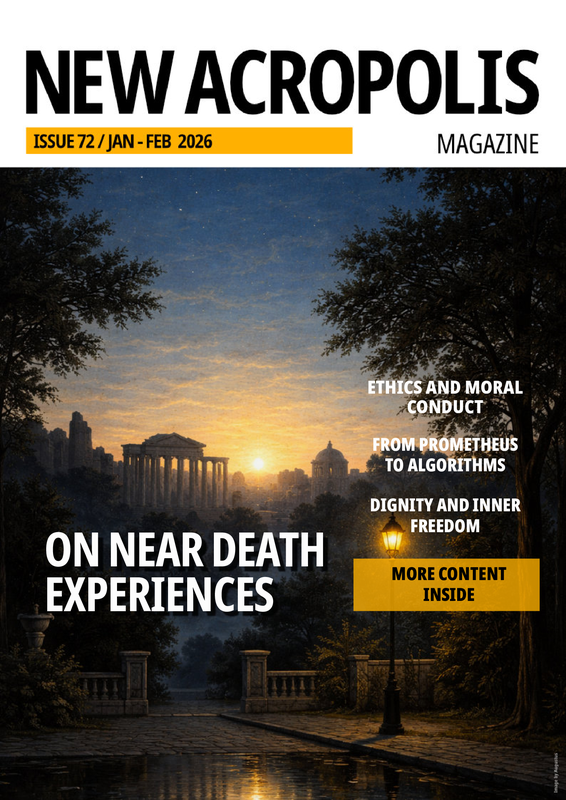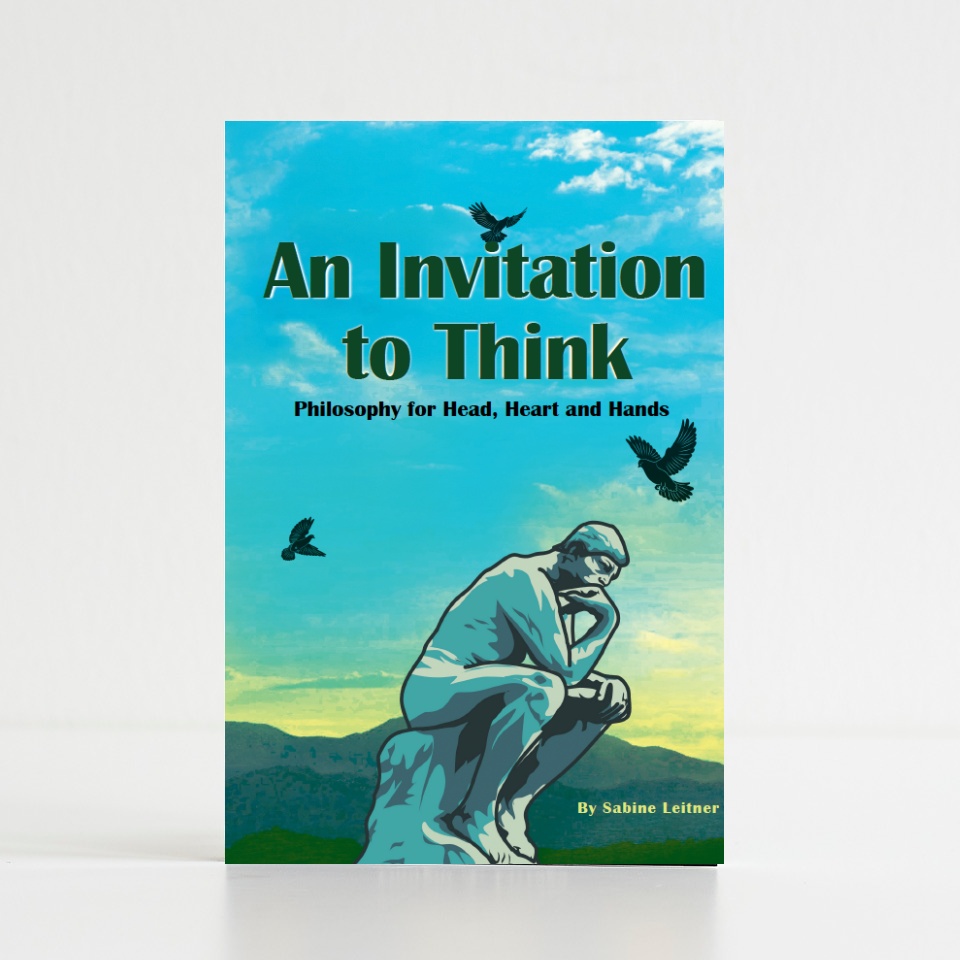
Offering timeless wisdom and intellectual nourishment, 'An Invitation to Think' stimulates profound reflection about a diverse range of contemporary topics, pressing questions, real-world dilemmas and thought-provoking events. A thoughtfully curated collection of short philosophical articles, the book illuminates why things are how they are, the choices we have made to cause our multiple problems, and ways in which we can develop our human potential to lead our communities to a much better place.
The author’s aim is to inspire readers in the 21 st century to look beyond the constraints of current thinking, to study the past as a source of inspiration and learning and to look forward to the future with optimism, knowing that we are not helpless observers of history, but active agents in building a better future for all.
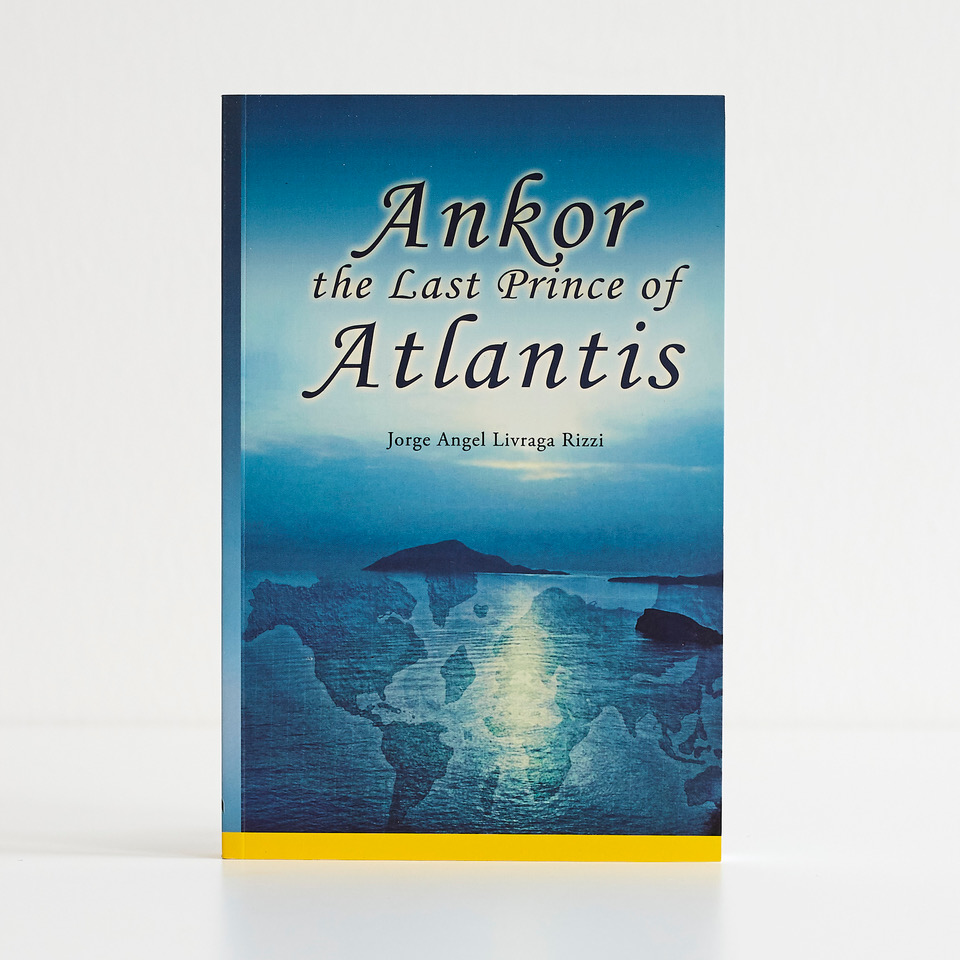
Nearly 12,000 years ago, so Plato and other traditions say, a single island was all that remained of the once vast continent of Atlantis.
Although few modern historians believe that any forms of civilization existed in such far-off times, universal traditions speak of “floods” which destroyed large areas of land inhabited by people as technologically developed as ourselves and, in some cases, more endowed with wisdom.
Written in the form of a novel, this book charts the final years of the realm of “Poseidonis”, as some writers have referred to it. Ankor, the orphaned son of the last initiate-king of Atlantis, is educated by wise priests who prepare him for his terrifying “initiations” into the “Mysteries”.
This book is far more than a novel. It provides a vivid insight into the world of a forgotten mystery tradition – forgotten today, but perhaps, who knows? – familiar to the soul of the reader…
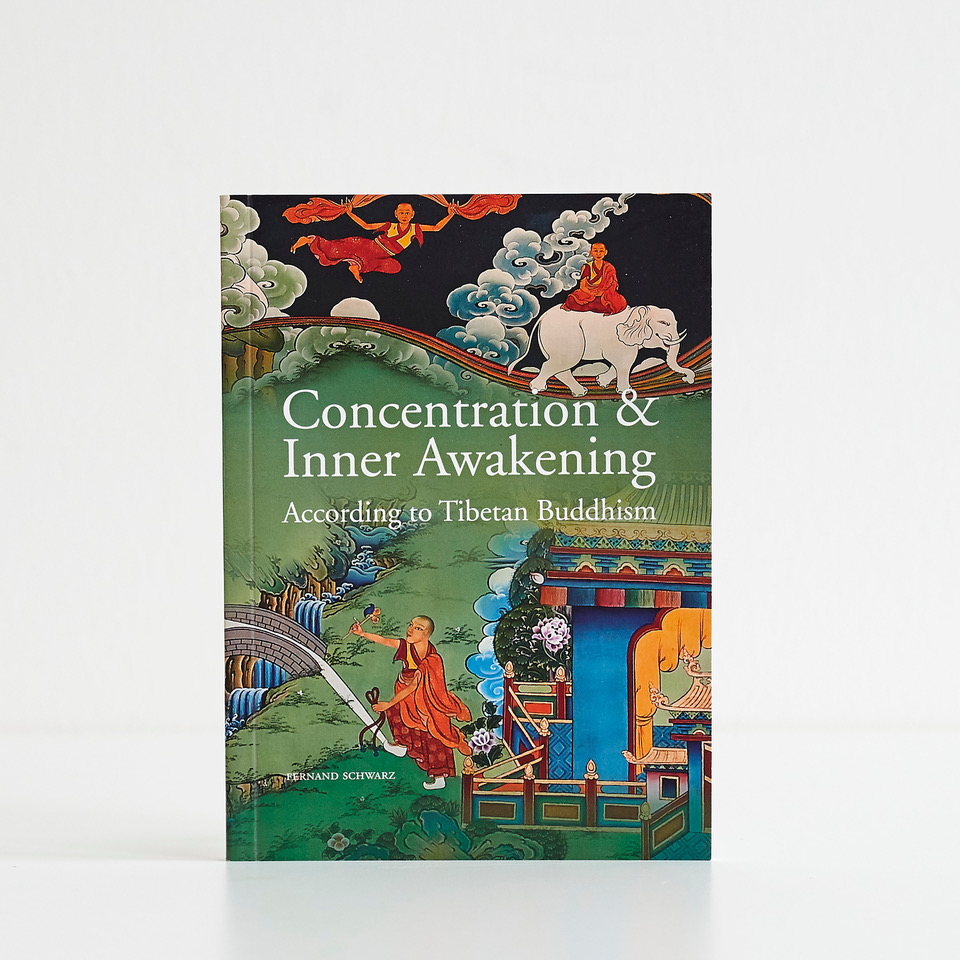
Plagued by a perpetual state of confusion caused by the unending triggers of the material world, the human psyche is unable to filter out all the distractions in order to focus on identifying the eternal truth of the Self. As a result, rarely is a human being able to truly sense his ‘svadharma’ and tread the path through life that leads to the realization of a personal destiny. This inescapable duty and responsibility, however, can only be accomplished by the elimination of constant mental confusion, and the development of self-control by way of fine-tuning the delicate art of concentration.
In this book, Fernand Schwarz explores the practice of concentration through an in-depth analysis of Lama Blo-bzang Don-yod’s illustrations. Through Tibetan Buddhist symbolism, these works present the journey towards an enlightened consciousness, describing the hurdles that need to be overcome with the help of some simple physical and mental exercises.
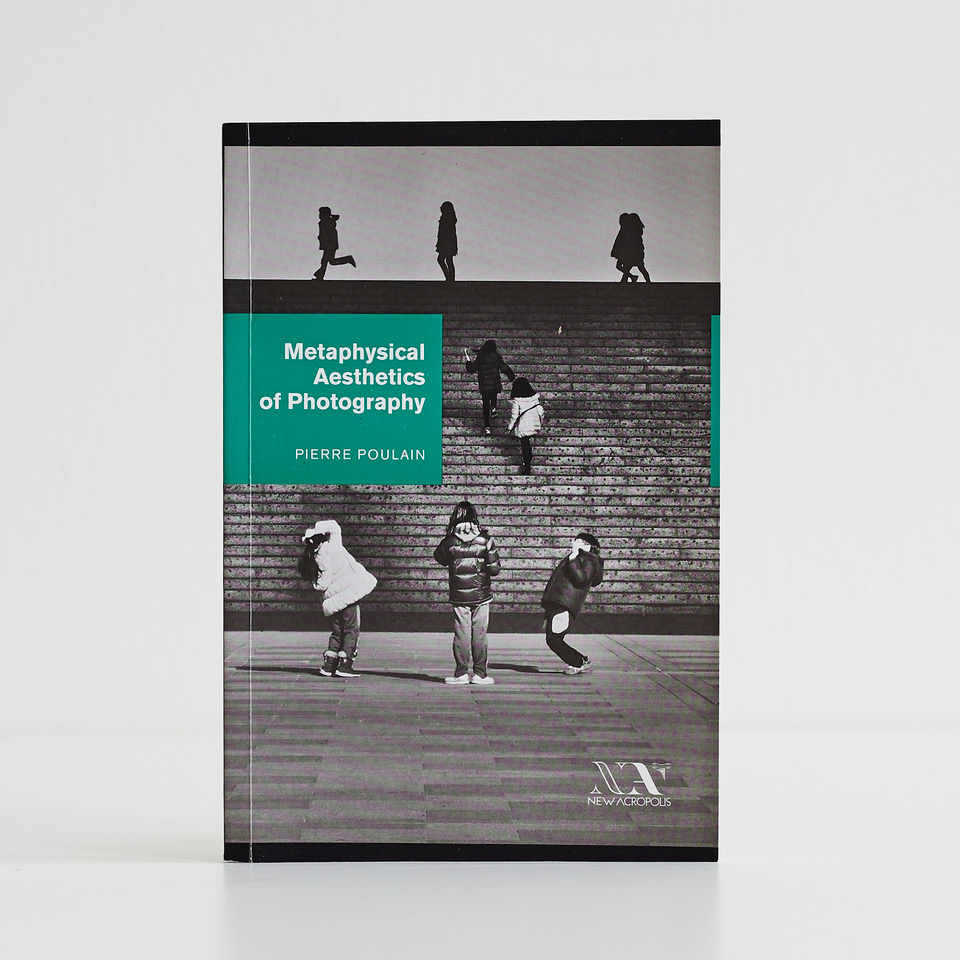
Pierre Poulain takes us through a brief history of the evolution of aesthetics in photography and offers philosophical insights that reflect the way he understands and practices his art.
“While the beautiful is in everything, not everything emanates the beautiful,” says Poulain. Only the discerning photographer, a true artist, looks deeper to discover the eternal archetype of beauty that transcends the physical and ephemeral plane. He carefully demonstrates how the archetype of beauty is linked to truth, justice and goodness, and suggests that bringing beauty into our lives will open doorways that draw us closer to the other spiritual archetypes as well.
The author writes: “Since photography touches the intuition more than the rational mind, photography, when practiced as an art,seems to be the perfect tool to awaken the consciousness of humanity.”
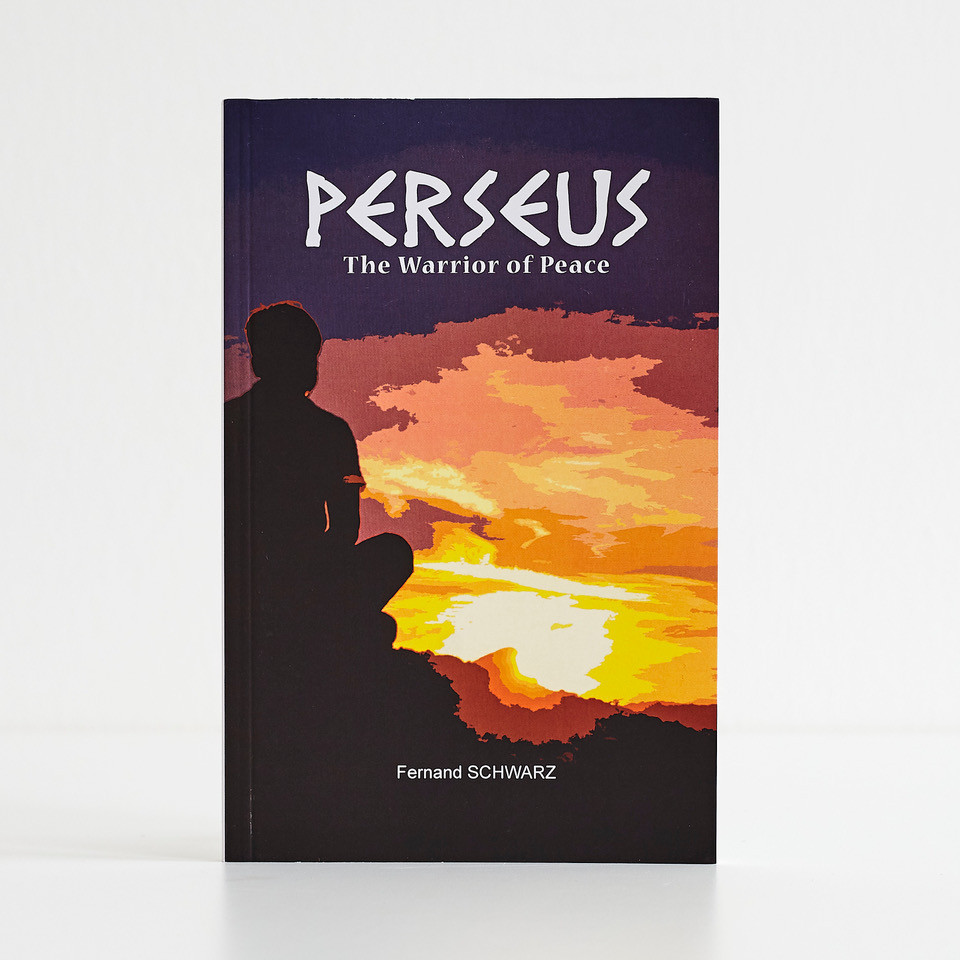
“As peril increases, so too increases the chance of salvation.”- Friedrich Hölderlin
In a world in transition, today’s youth must take up new challenges, undreamed of by past generations. But as in all perilous times, to face the challenge, one must have stable, tried and tested inner bearings and a correct inner attitude.
The path of the warrior of peace is an ancient one. It is about implementing the teachings of wisdom, giving priority to being and its choices over “having” and appearances. Only by drinking from this source is it possible to work towards a new and better world, a world in which each person can find their place, a world capable of solidarity and sharing. That world begins with self-transformation.
Today’s youth, like the youth of the past, is always ready to play a role. However, we still need enthusiastic role-models like Perseus, the warrior of peace, to inspire souls and nurture self-confidence.
Fernand Schwarz is an anthropologist and philosopher committed to building bridges, promoting a philosophical approach to spirituality and fostering the relationship between the human being, nature and the sacred
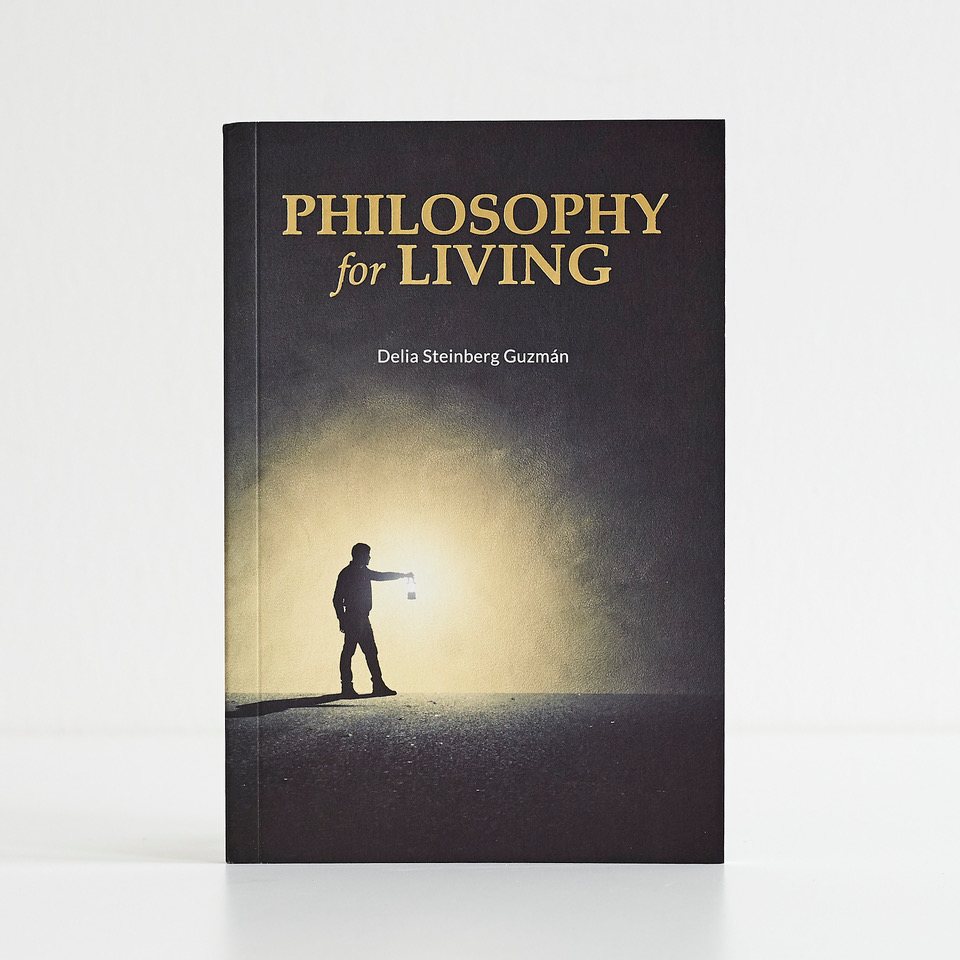
This book focuses on the practical applications of philosophy, based on the idea that every human being has a philosopher within themselves. The desire to become a wiser and better person is natural to the human being.
The book deals with many of the situations we all face in life, such as time management, problem solving, improving communication or dealing with fear, as well as general questions such as the laws of nature, the meaning of life and how we can better live in harmony with each other.
The chapters in the book are all based on the author’s long experience of life (she was international president of New Acropolis for nearly 30 years, amongst many other achievements) and inspired by the philosophical teachings of East and West, which form the basis of the programme of studies of New Acropolis.
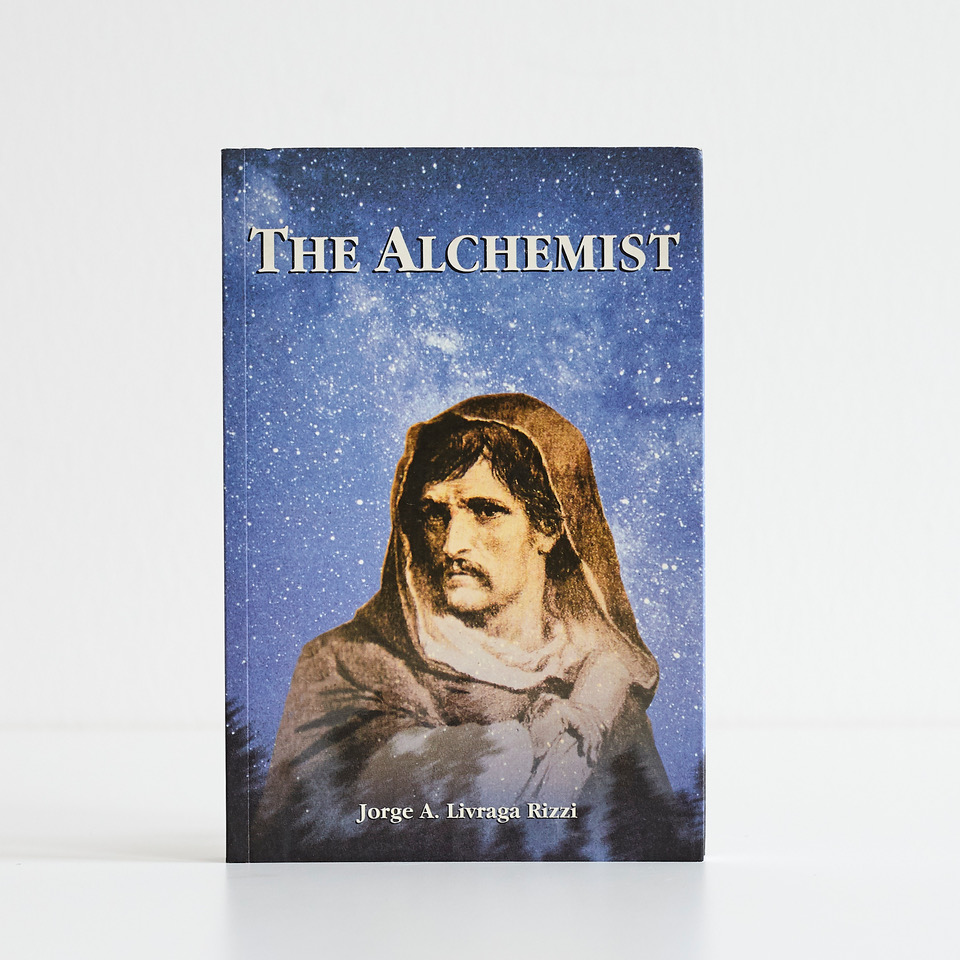
Set in the times of the Spanish Inquisition, this historical novel describes the secret life of an esoteric lodge in the darkest times of the “Counter-Reformation”.
Amidst the constant dangers of discovery and potential torture and execution, Pablo Simón, a young aspirant to the Mysteries, learns about the universe as a living being and begins to discover another universe within himself.
Travelling to the East, he studies with a spiritual teacher who helps him to develop his inner powers. On his return, a meeting with the Renaissance philosopher Giordano Bruno - the ‘philosopher of fire’ - leads him to another fateful encounter - with his destiny.
The Alchemist is a fast-paced, exciting tale of suspense and drama; a deep insight into the politico-religious reality of the Counter-Reformation and Renaissance Europe - and, most of all, an inspiring and profoundly moving account of the timeless and universal attempt ‘to remember that we are gods’.
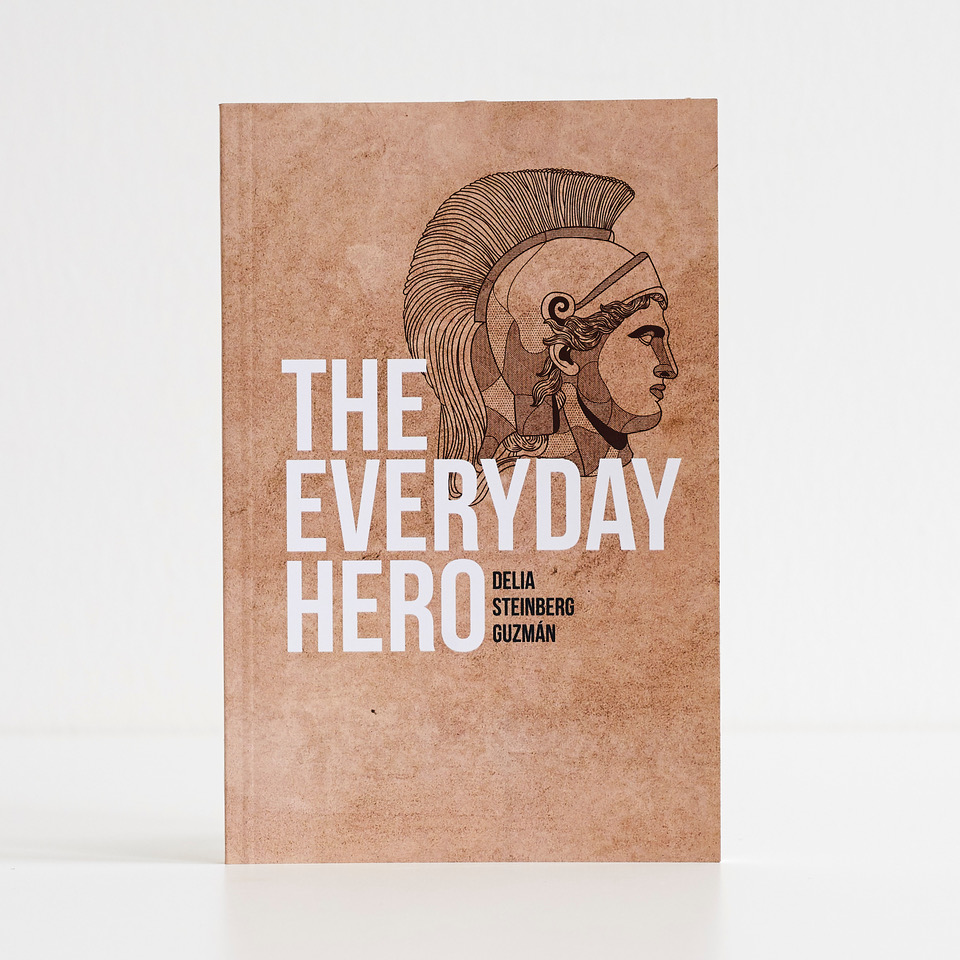
The everyday hero is a selection of short but wide-ranging essays on questions that we probably all ask ourselves at one time or another in our lives. What is love? Can pain and suffering be overcome? What is freedom and how can we find the courage to live it?
These questions and many more are addressed by the author – an educator, a musician and above all a philosopher ‘in the classical tradition’ – in a refreshingly direct yet profound way. To read this book is to share in the author’s own deep reflections about the human being and life, the fruit of her studies and conversations with people from all ages and walks of life across the five continents, and to be stimulated to engage in our own reflections and to live with a ‘heroic sense of life’ in everyday situations. This, she maintains, is the key to a harmonious and fulfilling life.
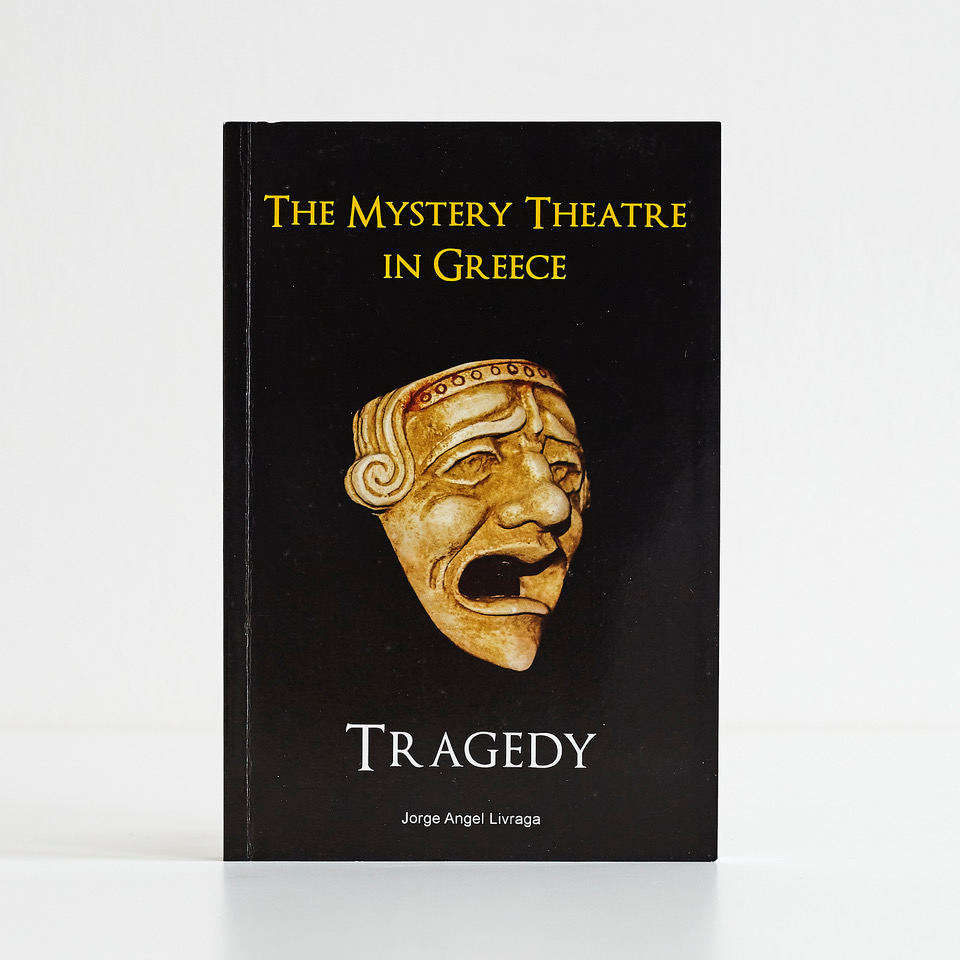
A central premise of this book is that theatre meant something very different to the ancient Greeks than is usually understood today. We tend to consider theatre as being at best an approximation of ‘reality’, if not a distortion of it.
To the Greeks, however, the experience of theatre was intrinsically ’initiatory’, leading the participant into realms ordinarily unavailable to humankind. In other words, theatre was thoroughly infused with, impregnated by, a sense of the spiritual, the transcendent, the mystical.
Through this work, the author helps us not only to understand more about Greek Tragedy, but to understand a little more about the ‘theatre of life’.
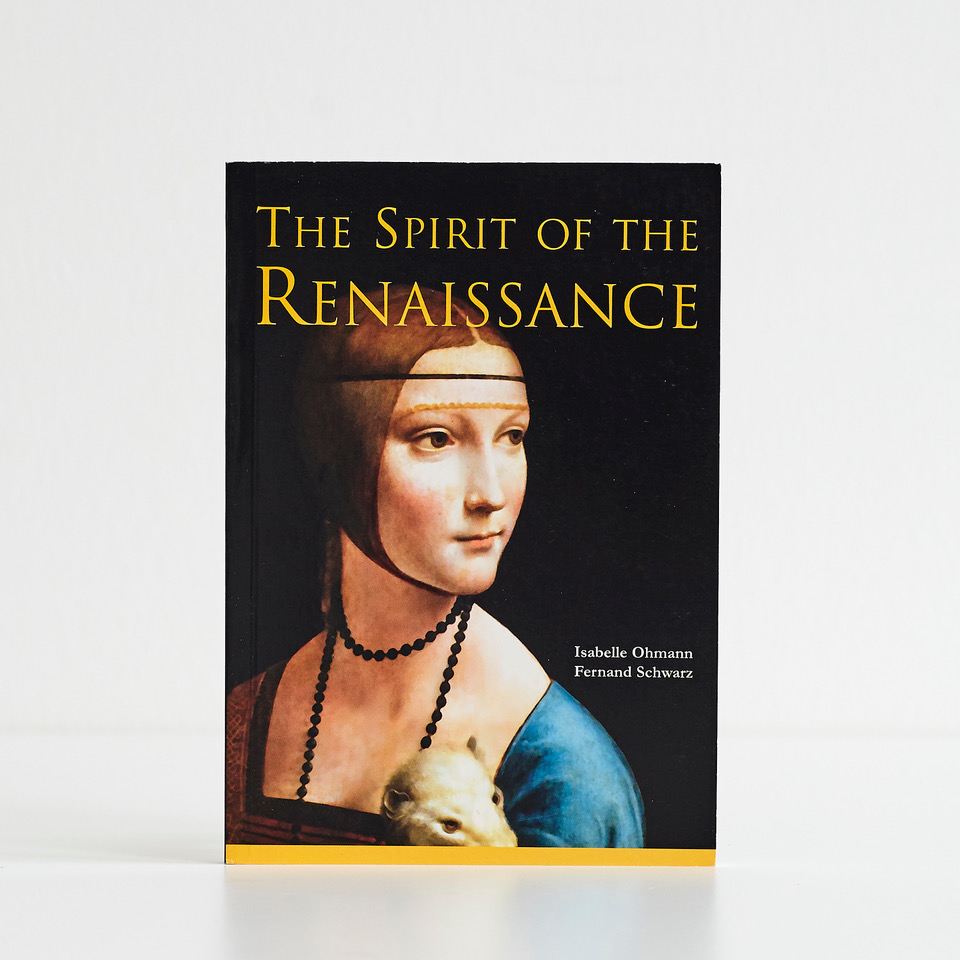
The Spirit of the Renaissance is a study of the philosophical and esoteric roots of the Renaissance movement in Europe. Its pages pull together many different fields of knowledge and activity and shed light on the driving forces that brought about a momentous change in the Western world.
The enormous significance of the Renaissance – a profound cultural and scientific change in the prevailing worldview – which originated in Italy in the 14th century and spread throughout Europe during the course of the next two hundred years or so – may be gauged from its name. ‘Renaissance’ literally means ‘rebirth’ and, by implication, regeneration, renewal, revival – almost a reaffirmation of life itself.
Based upon a number of traditions, including Neoplatonism, Kabbalism and Hermetic Philosophy, the Renaissance promoted an attitude of open enquiry and tolerance, free investigation and, most importantly, a developmental concept of life and humanity.
This book helps one to see that such a great movement towards truth is not impossible again.
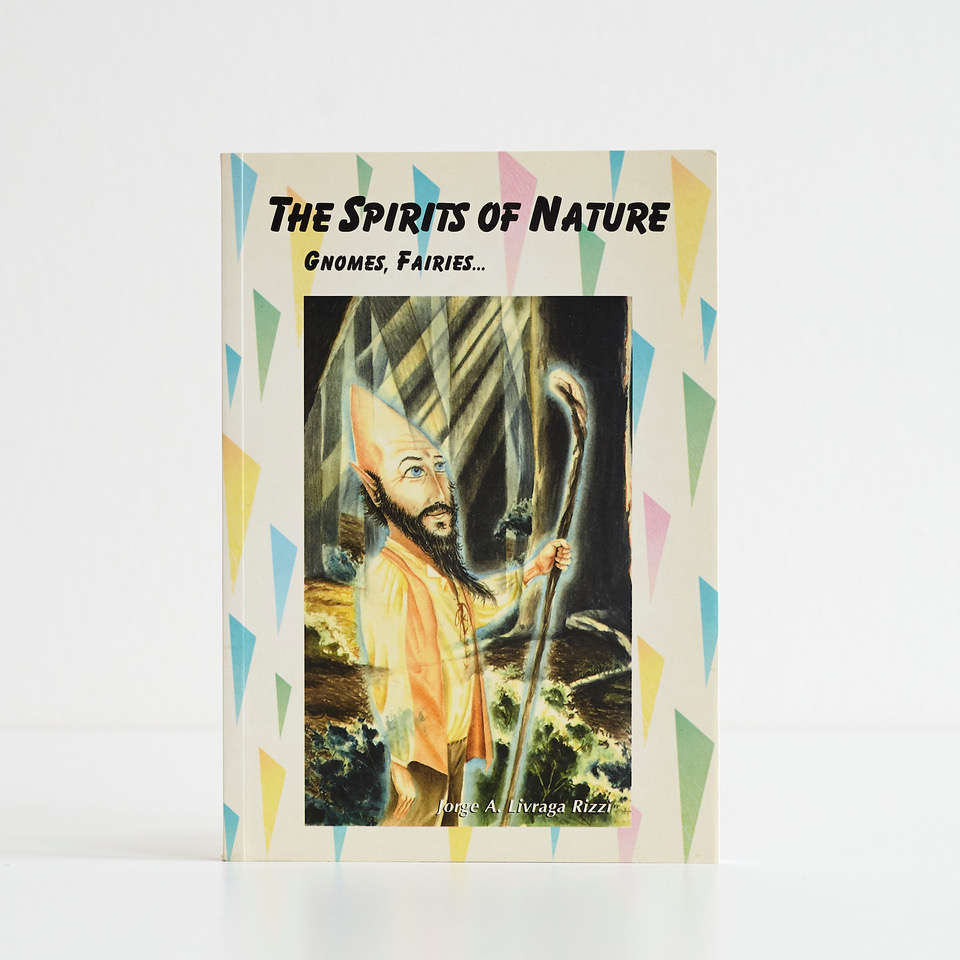
This concise but wide-ranging work looks at the mystical subject of nature spirits from both a philosophical and practical point of view.
Not content with a mere description of the myriad inhabitants of the invisible planes of nature, the author helps us to understand the logic behind the worldwide belief in such beings.
Combining his personal experiences with his knowledge of the universal traditions of mankind, he opens the reader's mind to the possibility that perhaps, beyond the fairy tales, the many accounts may reflect a living reality.
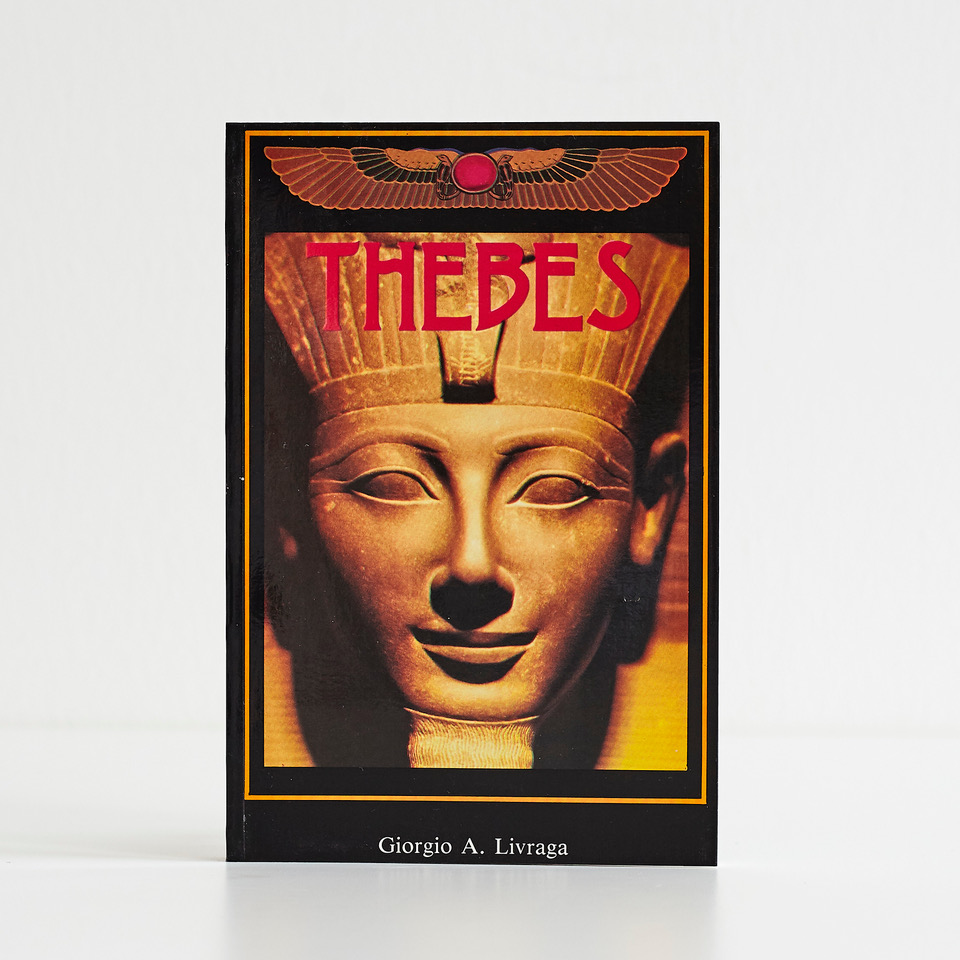
Thebes is a full color, 163-page book on Ancient Egypt that gives the reader an in-depth understanding of the pyramids, the hieroglyphs and the hidden purpose of mummification.
It offers a unique comparison between the officially accepted history of Egypt and alternative versions, including the connection between Atlantis and Egypt.
Another chapter is dedicated to the mystery of the inner constitution of nature and the human being, on the basis of the Ani papyrus.
It is an invaluable reference work for anyone interested in the esoteric and magical teachings of Ancient Egypt.
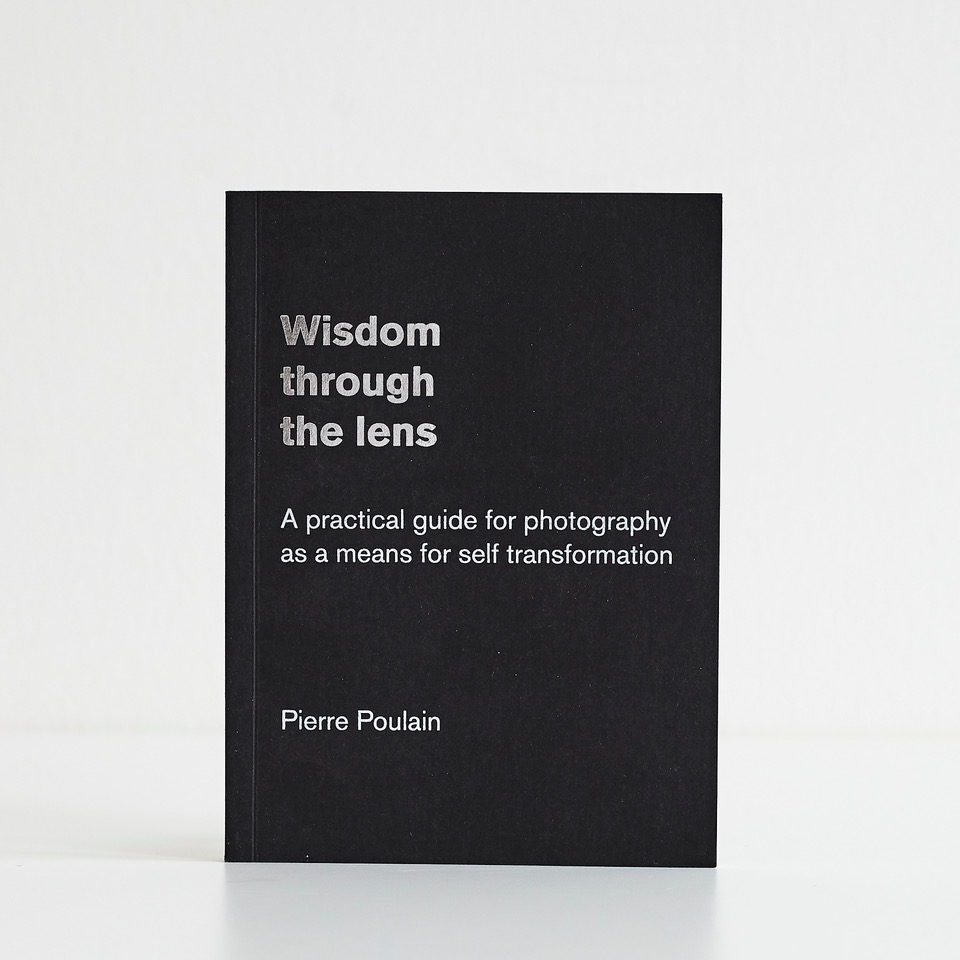
More than an interest in photography, this book promotes philosophy, from behind the viewfinder of a camera. An enthusiastic follower of philosophy in the applied sense, the author Pierre Poulain has taught philosophy and been a photographer for more than 25 years. To him they are not separate roads, but different expressions of the same search for wisdom, which expresses itself as beauty and aesthetics.
For the true philosopher learning about life does not happen only in the classroom; rather, it is life, in all its aspects, that is the real school and teacher. Photography enables one to capture a moment of reality, and in it, the essence of truth.


